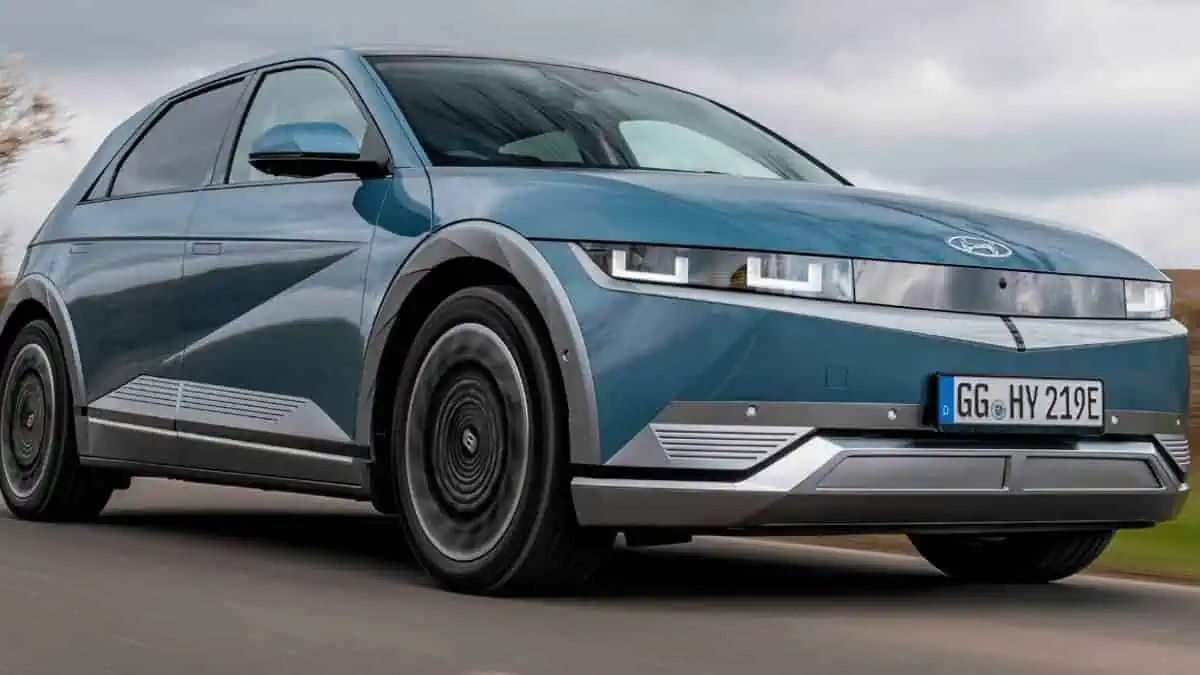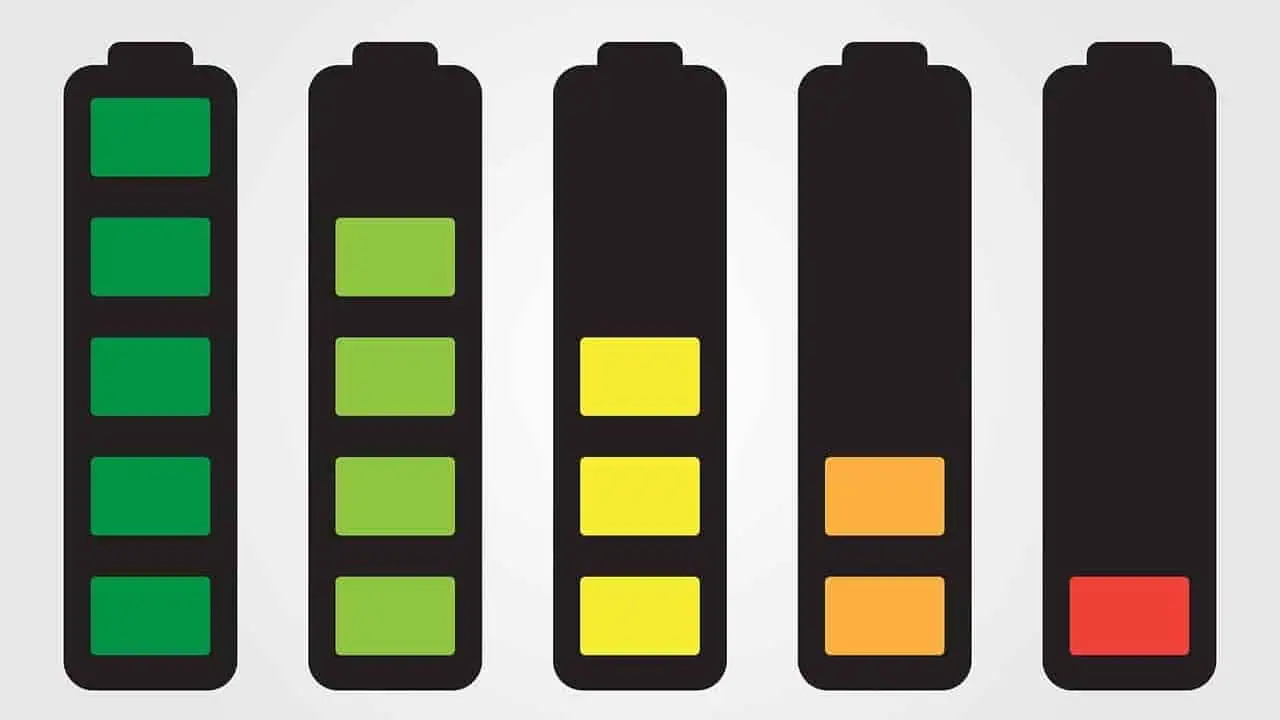Hyundai Motor Group (the Group) today announced a new global strategy to transform all vehicles to Software Defined Vehicles (SDVs) by 2025, according to Hyundai.
The industry-leading initiative will deliver a new era of mobility, giving customers the freedom to upgrade the performance and functionality of their vehicles anywhere at any time, which is presented during the Group’s Unlock the Software Age global online forum.
Furthermore, according to Electrek, it will be able to stay up to date via over-the-air updates. The group has committed to spending 18 trillion won ($12.5 billion) to establish a new Global Software Center and accelerate SDV development by 2030.
The Group also shared plans to transform customer experience throughout the vehicle’s entire lifespan and deliver a new era via constantly evolving software technology.
Hyundai Motor Group also stated that it ensures that all models, including the ones already bought, remain up to date. With this, it will enable functions, including safety, convenience, connectivity, security, and driving performance, and will be upgraded via Over-The-Air (OTA) software updates. By 2025, the Group looks forward to equipping vehicles to receive OTA software updates.
Few automakers like Tesla and NIO are also the ones who were able to offer software and firmware updates over-the-air, increasing performance through internet connectivity.
HMG expects 20 million Software Defined Vehicles by 2025
According to their website, The Group expects 20 million vehicles to be registered to its connected car service worldwide by 2025. And so, all new vehicles from 2023 onward will be equipped with OTA capabilities.
“By transforming all vehicles to Software Defined Vehicles by 2025, Hyundai Motor Group will completely redefine the concept of the automobile and take the lead in ushering in a never-before-experienced era of mobility,” said Chung Kook Park, President and Head of R&D Division, Hyundai Motor Group. “Creating visionary vehicles empowered with the ability to evolve through software will enable customers to keep their vehicles up to date with the latest features and technology long after they have left the factory.”
In addition to being able to upgrade the performance and functionality of a vehicle anywhere at any time, Hyundai drivers will also be able to have Feature On-Demand (FoD) services next year. This will allow customers to customize their vehicles according to their needs. HMG plans to gather data generated by the 20 million connected vehicles and use it to further develop personalization services
.
Hyundai Group’s five levels of the ‘software house’, which are the foundation of the new era in mobility are vehicle platform, electrical/electronics architecture, software platform, data platform, future of mobility.
Hyundai’s track begins on the ground and slowly works its way up. By the beginning of 2025, Hyundai will be introducing two new EV platforms, eM and eS, built upon its Integrated Modular Architecture. The eM will deliver 50% more range on a single charge while the eS platform is more of a traditional ‘skateboard’ design exclusive for Purpose Built Vehicles, offering modular, tailored-made solutions to businesses in segments like logistics, rideshare, and last-mile deliveries.
“Hyundai Motor Group’s data platform will not only be simply for driving. It will also play an important role in enhancing the convenience and diversity of the customer’s mobility experience by engaging throughout the vehicle’s entire life cycle. Going forward, we’ll also help create a new mobility ecosystem, connecting cars with other mobility devices, based on data connectivity and scalability.” Eunsook Jin, executive vice president and head of the ICT innovation division at HMG explained.
Another factor will be the Group’s Connected Car Operating Systems (ccOS), which will be applied to all controllers within the vehicle to maximize hardware performance by computing power. Hyundai shared it is currently collaborating with NVIDIA to load an optimized ccOS onto a NVIDIA DRIVE semiconductor. Whether NVIDIA collaborates on Hyundai’s third-generation integrated controller, the company states it will become the basis for expansion into mass-producing Level 3 autonomous EVs and eventually commercializing Level 4 and Level 5 autonomous driving capabilities ‘in due course’.
“As the Group embarks on a new challenge to transform mobility and meet the needs of customers in the future, it will also continue to develop its award-winning models to meet the needs of customers today. The appeal of the Group’s customer offerings has been consistently affirmed, as demonstrated recently by the range of awards bestowed on EV models from the Hyundai, Kia and Genesis brands by critics and media across the globe. Already today, the Group’s cutting-edge SDV technologies, such as Infotainment, Connectivity and ADAS are proving highly popular with customers, and as the technology rapidly develops further, a whole new world of possibilities will open up. This will pace the Group at the forefront of providing entirely new mobility solutions as society changes, transportation means evolve, and software-defined vehicles become commonplace.” Per the release.
To be able to achieve all of these goals and to successfully transform the entire lineup of Software Defined Vehicles to life, Hyundai will be building a Global Software Center by 2030. A portion of $12.5 billion will be spent there as well as go toward other sectors like R&D headquarters.
Today, the Group is on path to embark on a challenge to transform mobility and provide entirely new mobility solutions.






